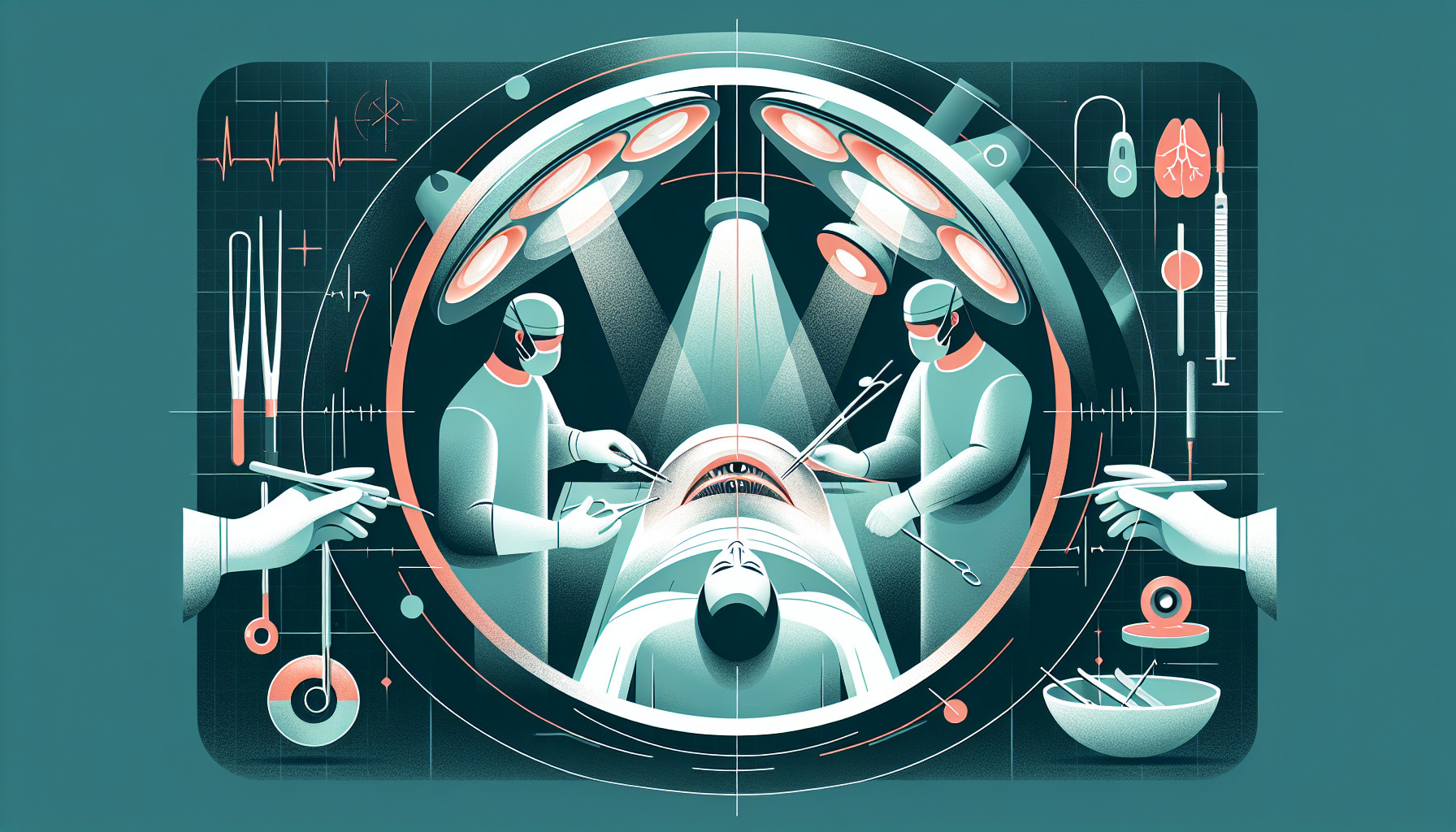Our Summary
The research paper discusses the complications that can occur after a child has cataract surgery, which is different than the issues adults might face post-operation. Children’s eyes are more elastic, they can have stronger inflammatory responses, and they are more likely to experience issues after the surgery due to potential accidents or injuries. These complications are important to detect early because they could influence a child’s vision development and result in worse vision. The paper also mentions that it can be hard to notice these complications because it’s often difficult to thoroughly examine young patients. The paper goes into detail about the common issues that can come up immediately after the surgery and those that can occur months or even years later.
FAQs
- What are the common complications after cataract surgery in children?
- Why are pediatric patients at an increased risk of complications after cataract surgery?
- How do postoperative complications from cataract surgery affect a child’s vision and development?
Doctor’s Tip
One helpful tip a doctor might tell a patient about cataract surgery is to follow all postoperative instructions carefully, including using prescribed eye drops and attending follow-up appointments. It is important to report any sudden changes in vision, increased pain, or other concerning symptoms to your doctor right away. It is also important to protect your eyes from injury and avoid activities that could increase the risk of complications during the healing process. By following these recommendations, you can help ensure a successful outcome and minimize the risk of complications after cataract surgery.
Suitable For
Cataract surgery is typically recommended for patients with significant vision impairment due to cataracts. This can include patients experiencing symptoms such as blurred vision, difficulty seeing at night, sensitivity to light, and trouble seeing colors. Cataract surgery may also be recommended for patients with cataracts that are impacting their daily activities and quality of life. Additionally, patients with cataracts that are causing other eye health issues, such as glaucoma or inflammation, may also be recommended for surgery.
In pediatric patients, cataract surgery may be recommended if the cataracts are affecting the child’s visual development and potentially leading to amblyopia (lazy eye). Children with cataracts may also be recommended for surgery if the cataracts are causing significant vision impairment that cannot be corrected with glasses or contact lenses.
Overall, the decision to recommend cataract surgery is based on the individual patient’s specific needs and circumstances, and should be discussed with an ophthalmologist or eye care provider.
Timeline
Before cataract surgery:
- Patient undergoes a comprehensive eye examination to diagnose cataracts and assess overall eye health
- Patient may need to stop taking certain medications that could affect surgery or healing
- Patient meets with an ophthalmologist to discuss the surgery, potential risks, and postoperative care
- Patient may need to undergo additional tests or evaluations to ensure they are a good candidate for surgery
After cataract surgery:
- Patient is given instructions on how to care for their eye, including using prescribed eye drops and avoiding certain activities
- Patient may experience blurry vision, sensitivity to light, or mild discomfort immediately after surgery
- Follow-up appointments are scheduled to monitor healing and check visual acuity
- Patient may need a new prescription for glasses or contact lenses after surgery
- Complications such as infection, inflammation, or retinal detachment may occur and require prompt treatment
- Long-term follow-up is necessary to monitor for complications and ensure optimal visual outcomes.
What to Ask Your Doctor
What are the risks and potential complications associated with cataract surgery in children?
How will the surgery be performed on my child and what type of anesthesia will be used?
What is the expected recovery time for my child after cataract surgery?
Will my child need to wear an eye patch or use eye drops after surgery?
What kind of follow-up care will be needed after cataract surgery?
How will cataract surgery affect my child’s vision and will additional treatments be needed in the future?
Are there any long-term risks or complications that my child should be aware of after cataract surgery?
How can I best support my child through the surgery and recovery process?
What is the success rate of cataract surgery in children and what are the expected outcomes?
Are there any specific precautions or activities my child should avoid after cataract surgery?
Reference
Authors: Gasper C, Trivedi RH, Wilson ME. Journal: Dev Ophthalmol. 2016;57:69-84. doi: 10.1159/000442502. Epub 2016 Apr 1. PMID: 27043393
